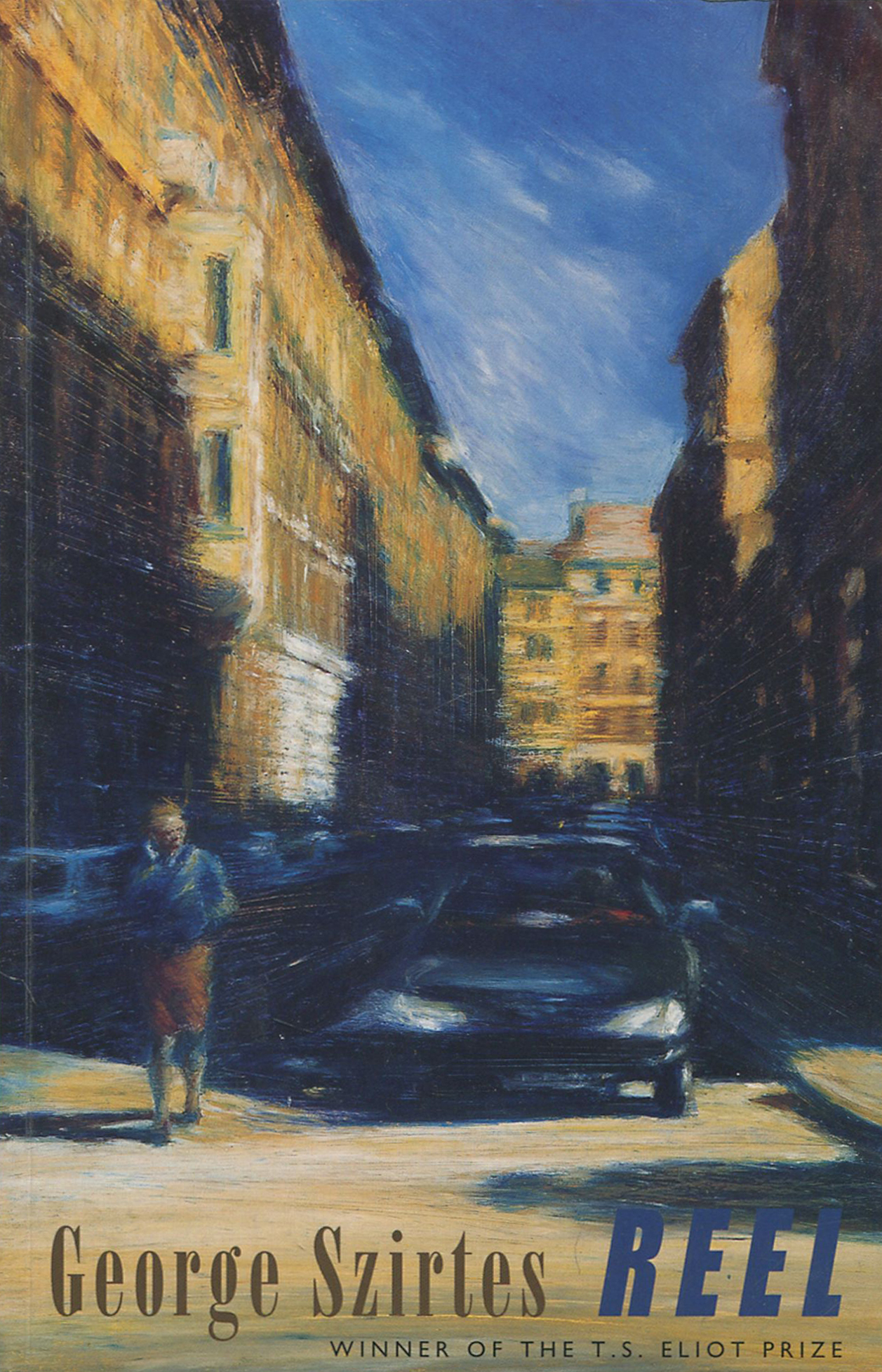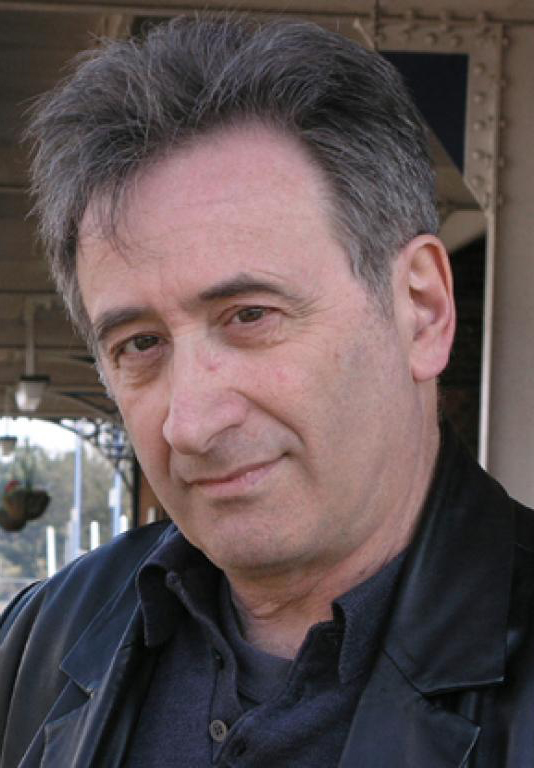In 2023 the T. S. Eliot Prize celebrated its 30th anniversary. We marked the occasion by looking back at the collections which have won ‘the Prize poets most want to win’ (Sir Andrew Motion).


George Szirtes won the T. S. Eliot Prize 2004 for his collection Reel (Bloodaxe Books). Judges Douglas Dunn (Chair), Paul Farley and Carol Rumens described Reel as ‘a brilliantly virtuosic collection of deeply felt poems concerned with the personal impact of the dislocations and betrayals of history’.
We asked George to reflect on his experience as an Eliot Prize winner. He wrote:
Never in my wildest dreams did I expect to win the T. S. Eliot Prize in 2004. I was so surprised when it was announced I couldn’t think of anything to say. It was the first time I had even been on the shortlist – though, after winning, I was shortlisted twice more with other books. Reel, the winning book, my twelfth, was mostly a remembering of my Budapest childhood in the form of twenty-five terza rima sections. Would people be really interested in that? English was my second language, I hadn’t been to university, and having any well received books of poetry at all was the extent of my hopes. Winning made a substantial difference to my life and probably to other people’s perceptions of my work. My next task was to write the T. S. Eliot Lecture, which I delivered at the Queen Elizabeth Hall at London’s Southbank Centre some months later. It was primarily about the miraculous instability of language. Since then I have attended almost all of the subsequent readings and prize announcements. I am enormously grateful to have had the privilege of the Prize.
George Szirtes was born in Budapest in 1948, and came to England with his family after the 1956 Hungarian Uprising. He was educated in England, training as a painter, and has always written in English. In recent years he has worked as a translator of Hungarian literature, producing editions of such writers as Ottó Orbán, Zsuzsa Rakovszky and Ágnes Nemes Nagy. He co-edited Bloodaxe’s Hungarian anthology The Colonnade of Teeth. His Bloodaxe poetry books include: The Budapest File (2000); An English Apocalypse (2001); Reel; New & Collected Poems (2008) and The Burning of the Books and other poems (2009), shortlisted for the T. S. Eliot Prize. Bad Machine (2013) was a Poetry Book Society Choice and shortlisted for the T. S. Eliot Prize. Mapping the Delta (2016), another Poetry Book Society Choice, was followed by Fresh Out of the Sky (2021). Bloodaxe has also published his Newcastle/Bloodaxe Poetry Lectures, Fortinbras at the Fishhouses: Responsibility, the Iron Curtain and the sense of history as knowledge (2010), and John Sears’ critical study, Reading George Szirtes (2008). His memoir of his mother, The Photographer at Sixteen (MacLehose Press, 2019), won the James Tait Black Memorial Prize for Biography. Szirtes lives in Norfolk and is a freelance writer, having retired from teaching at the University of East Anglia.
About the T. S. Eliot Prize
The T. S. Eliot Prize celebrated its 30th anniversary in 2023. Awarded annually to the best new poetry collection published in the UK and Ireland, the Prize was founded by the Poetry Book Society in 1993 to celebrate the PBS’s 40th birthday and to honour its founding poet. The T. S. Eliot Estate has provided the prize money since the Prize’s inception in 1993, and the T. S. Eliot Foundation took over the running of the Prize following the acquisition of the PBS by InPress Books in 2016. For more on the history of the Prize, visit tseliot.com/prize
